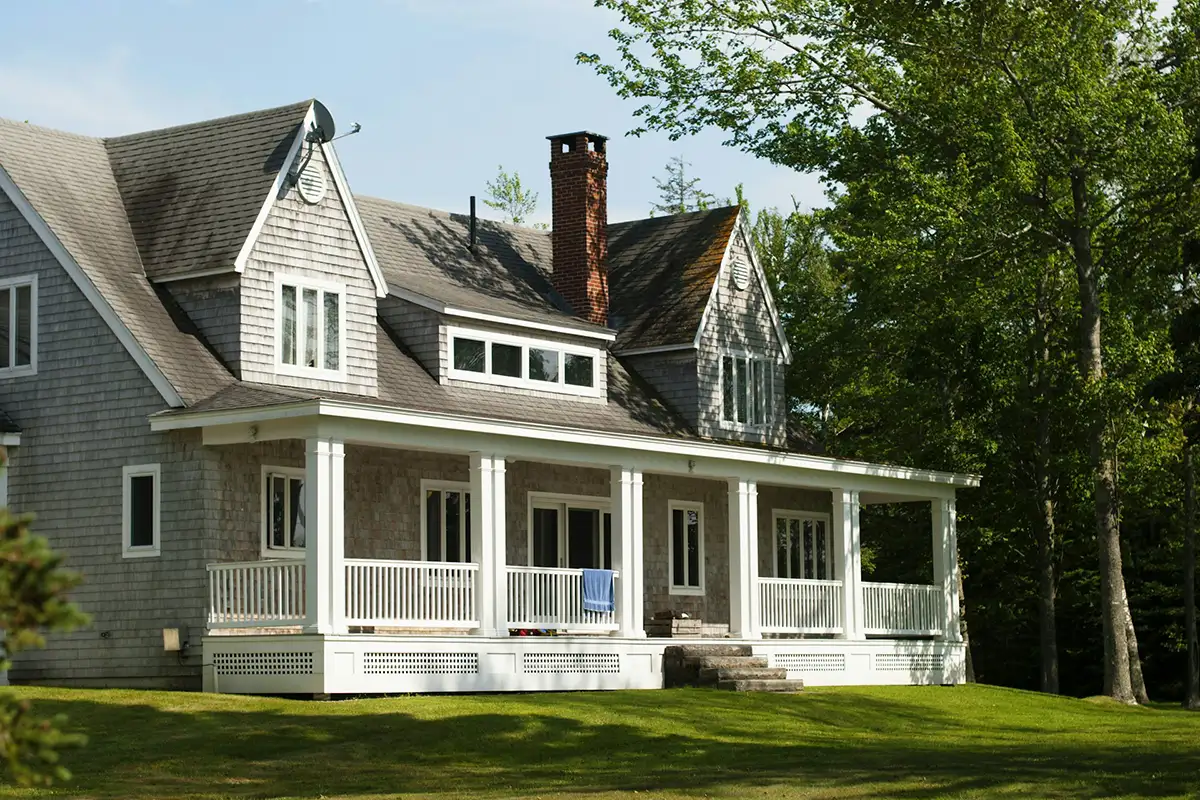Finding a sober living environment is crucial for anyone in recovery. It’s not just about finding a roof over your head—it’s about creating a space where you can heal, grow, and continue the journey to long-term sobriety. However, when you’re early in recovery, especially if you’ve just left rehab or are dealing with financial strain, the idea of rent-free sober living may feel daunting. I’ve been through this journey myself, and I know how overwhelming it can be. But don’t worry, there are options out there if you know where to look.
In this guide, I’ll walk you through practical steps, resources, and strategies I used to find a sober living environment that worked for me—without the burden of rent. I’ll share both online and offline strategies to help you in your search and provide some key insights into how the system works. Trust me, it’s possible to find a rent-free sober living option that supports your recovery, and I’ll show you how.
Start with Your Treatment Center or Rehab Program
If you’ve been through a detox or rehab program, one of the first places to ask about sober living options is your treatment facility. When I finished my rehab program, they provided me with a list of local sober living homes, some of which offered scholarships or reduced rent based on financial need. Many rehab centers have connections with sober living houses and may even partner with organizations that provide rent-free housing in exchange for volunteering or taking on responsibilities at the home.
Tip: Reach out to your counselor or case manager before you’re discharged to see if they can recommend rent-free sober living options.
Tap Into Local Nonprofits and Charities
One of the best ways to find rent-free sober living is through local nonprofit organizations that support individuals in recovery. I found my sober living situation through a small local charity that focused on helping people rebuild their lives post-recovery. These organizations often have access to funding or partnerships with sober homes to offer subsidized or rent-free accommodation.
Some nationwide organizations to consider include:
- Oxford House: Oxford House is a network of democratically-run sober homes where residents share costs. They have financial assistance programs for those who qualify, meaning some residents may live rent-free for a limited period.
- Salvation Army: Many Salvation Army locations offer sober living programs, often with rent-free options for those who commit to their program and participate in their community services.
- Transitional Housing Programs: Various government and community agencies, such as Housing and Urban Development (HUD), offer transitional housing, which can include rent-free or subsidized sober living.
Tip: Contact local recovery-focused charities, churches, or community centers to see if they offer housing support. Even if they don’t, they often have networks they can connect you to.
Look Into Government Assistance Programs
While researching rent-free options, I discovered that many local governments and social service agencies have programs designed to help those in recovery find stable housing. For instance, my local HUD office had a list of sober living houses that were funded by grants, meaning I didn’t have to pay rent for the first few months while I got back on my feet.
Government programs to consider include:
- HUD’s Continuum of Care Program: This program provides funding to nonprofits and other organizations to support housing for people in recovery from substance abuse. You can check with your local HUD office to see what programs are available near you.
- Section 8 Housing: While not exclusively for sober living, Section 8 provides housing vouchers to individuals with low income, which could help you afford sober living housing. You may need to search for sober living homes that accept Section 8.
Each city or county may have different programs, so it’s worth visiting local housing authority offices to find out what’s available. The process might involve paperwork, but it’s well worth the effort for the support you can get.
Tip: Make sure to get on any waiting lists as soon as possible since these programs can have long wait times.
Explore Faith-Based Organizations
During my search, I found that faith-based organizations, such as local churches or national religious charities, are often excellent resources for finding sober living options. Many of these organizations understand the challenges of recovery and offer rent-free housing or greatly reduced rent for individuals willing to participate in their recovery programs.
For instance, organizations like Celebrate Recovery offer not just spiritual guidance but also practical housing solutions for those coming out of addiction. They often work closely with sober living homes or have church members who provide housing support.
Tip: You don’t have to be religious to benefit from these services. Many faith-based programs are inclusive and open to everyone.
Leverage Your Recovery Network
One of the most valuable resources I had when searching for sober living was my recovery network. If you’re attending 12-step meetings (such as AA or NA), these groups can be a goldmine of information. I found out about a rent-free sober home through someone I met at an AA meeting, who knew of a house looking for residents.
Recovery meetings are filled with people who have been where you are now, and many are eager to help others. Don’t be afraid to ask around, whether it’s your sponsor, someone you met in rehab, or people in your local meetings.
Tip: After attending a few meetings, bring up your housing search. Most people in recovery are more than willing to help, offer advice, or share their own experiences.
Search Online for Sober Living Homes
When I was feeling stuck, one of the best tools I used was simply searching online. There are directories specifically for sober living homes where you can filter by location and sometimes by cost. Websites like Sober Living Network and TransitionalHousing.org list sober homes across the country, some of which offer rent-free stays for a limited time in exchange for volunteering or house management duties.
Additionally, you can check platforms like Craigslist, local Facebook groups, or Reddit’s recovery communities for more personalized recommendations or even find individuals offering rooms in sober households.
Consider Becoming a House Manager
One option I took advantage of was becoming a house manager at my sober living home. In exchange for rent, I helped with the day-to-day running of the house—organizing meetings, helping residents stick to their chores, and coordinating with the home’s management. Many sober living homes rely on house managers and assistants to keep things running smoothly, and they often offer free rent in return for your help.
If you’re reliable and have a bit of experience in recovery, this could be a great way to contribute while also securing a rent-free spot.
Tip: Approach the management of sober living homes directly and ask if they have any open positions for house managers or assistants.
Utilize Social Services and Case Workers
If you’re struggling with both housing and financial stability, consider connecting with a social services caseworker. During my journey, a caseworker helped me find government grants and subsidies that were specific to people in recovery. They connected me with rent-free sober living options I hadn’t even heard of.
If you don’t already have a caseworker, you can usually access one by contacting your local Department of Social Services or even through certain healthcare providers, especially if you’re receiving mental health or addiction treatment.
Be Open to Temporary Solutions
Sometimes, finding a permanent sober living situation takes time, and you may need a temporary solution. I ended up staying with a friend from my recovery group for a few weeks while I waited for a spot to open up in a sober home. Don’t be afraid to ask friends, family, or members of your recovery community for temporary assistance while you search for a more long-term, rent-free option.
Don’t Give Up—Persistence Pays Off
Lastly, and most importantly, don’t give up. Finding rent-free sober living isn’t easy, but it’s possible if you keep searching and tapping into every resource available. I had moments of frustration where I felt like giving up, but staying persistent eventually paid off. Keep attending meetings, reach out to people who have been in your shoes, and don’t hesitate to ask for help.
Final Thoughts
Finding rent-free sober living is not an impossible task. While it might require persistence and resourcefulness, there are many avenues to explore, from nonprofits to government programs, faith-based organizations, and recovery networks. Most importantly, lean into your community—you’re not alone in this journey, and there are people out there willing and able to help you.
If you’re committed to your recovery and willing to seek out help, there’s a good chance you’ll find a sober living situation that meets both your financial and emotional needs. Stay hopeful, and remember that there’s always a way forward, even if the road looks tough.


